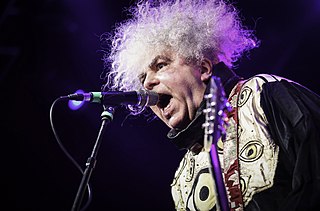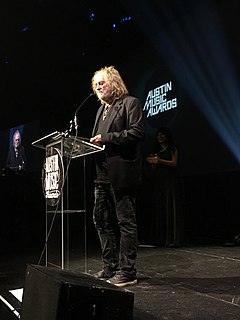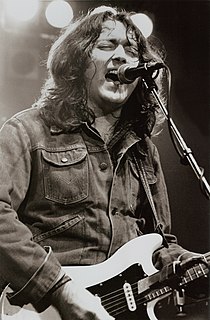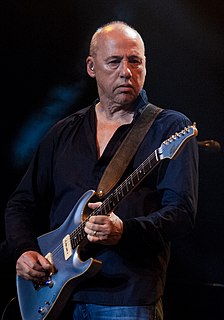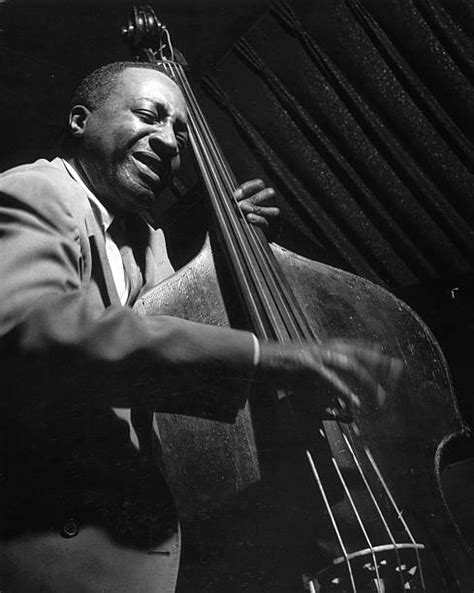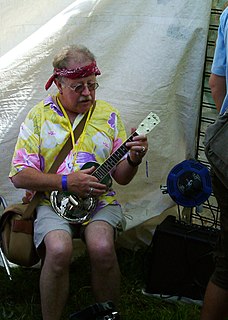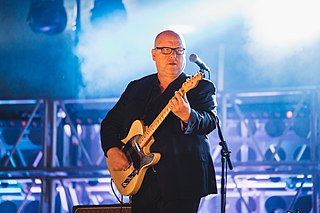A Quote by Justin Townes Earle
What I'm doing is basically the same as Bob Dylan did with folk songs and Woody Guthrie songs, the same as folk music's always done. I'm not going to sing about ploughing, but I'll write a song that sounds like it should be about ploughing.
Related Quotes
My favorite Bob Dylan record is the very first one where he sings one Bob Dylan song and the rest of them are his interpretations of the Dust Bowl-era folk songs, or even going back as far as the mass influx of people coming into the U.S. during the gold rush. His interpretations of those songs are incredible.
Then about 12 years ago it dawned on me that folk music - the music of Woody Guthrie and Phil Ochs, early Bob Dylan, Johnny Cash, Pete Seeger - could be as heavy as anything that comes through a Marshall stack. The combination of three chords and the right lyrical couplet can be as heavy as anything in the Metallica catalogue.
Folk songs are evasive-the truth about life, and life is more or less a lie, but then again that's exactly the way we want it to be. We wouldn't be comfortable with it any other way. A folk song has over a thousand faces and you must meet them all if you want to play this stuff. A folk song might vary in meaning and it might not appear the same from one moment to the next. It depends on who's playing and who's listening.
My best songs were written very quickly. Just about as much time as it takes to write it down is about as long as it takes to write it...In writing songs I've learned as much from Cezanne as I have from Woody Guthrie...It's not me, it's the songs. I'm just the postman, I deliver the songs...I consider myself a poet first and a musician second. I live like a poet and I'll die like a poet.
I went to high school right outside Dallas, and (songwriter and performer) Michael Martin Murphey was a senior there when I was a sophomore or junior, really into folk and acoustic music. Larry Gross, who's the host of "Mountain Stage" on public radio, and B.W. Stevenson, also a musician, were there at the same time, too. Michael was a big inspiration -- through him I discovered Woody Guthrie, Dylan, Jimmy Rogers. Then I ran into Jerry Jeff Walker there in Dallas back when he was just a folk singer. Those are my earliest influences.
The first songs I learned were 'It Takes a Worried Man' and Woody Guthrie's 'Grand Coulee Dam,' 'Rock Island Line' - those kind of American folk songs that were probably on the edge of blues. After that was Eddie Cochran and Chuck Berry songs. And then I heard Muddy Waters, Jimmy Reed and Big Bill Broonzy on the radio.
One of the songs that stayed in my head that I really considered a lot was an old folk song called 'John Brown' - not the abolitionist John Brown, but the one that Bob Dylan has covered and sung before. It's about a boy coming home from the Civil War, or maybe World War I even, and about his Mother seeing him all destroyed.
I am deeply sensitive to the spell of nationalism. I can play about thirty Bohemian folk songs ... on my mouth-organ. My oldest friend, who is Czech and a patriot, cannot bear to hear me play them because he says I do it in such a schmalzy way, 'crying into the mouth organ'. I do not think I could have written the book on nationalism which I did write, were I not capable of crying, with the help of a little alcohol, over folk songs, which happen to be my favourite form of music.







